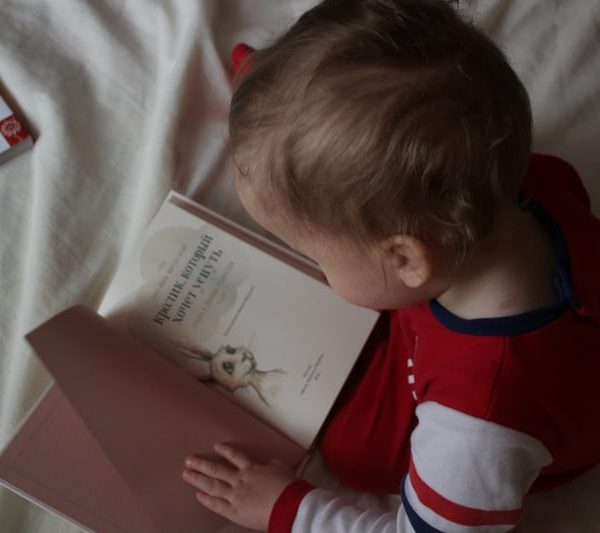Fears preschoolers in Victoria’s most disadvantaged postcodes are missing out

Children living in some of the most disadvantaged postcodes in Victoria may be missing out on new state-owned early childhood centres, an analysis from Deloitte Access Economics has found, prompting advocates to pressure the Government to prioritise communities in need.
The state-owned services were a pre-election promise, made by current Victorian Premier Daniel Andrews, who said the services “will be built in areas where they are most needed,” however the analysis shows that thus far only one in four of the state’s most vulnerable communities have been earmarked for the new centres.
To reach the findings, Social Ventures Australia (SVA) asked Deloitte Access Economics to identify 50 Victorian communities with high numbers of preschool children and higher levels of disadvantage that would benefit most from affordable integrated early learning services.
The analysis, The Age reports, found that of the top 50 Victorian communities in need of integrated childcare centres – based on both the number of children in a suburb and the proportion who are developmentally vulnerable – just 13 are set to receive new government-owned and run childcare centres.
Some of the areas that Deloitte determined as being most in need of affordable care included suburbs in Melbourne’s North such as Campbellfield, Coolaroo, Meadow Heights and Broadmeadows.
Regional areas which Deloitte identified included Corio, north of Geelong, and Morwell in the Latrobe Valley, however these areas are also not, at this stage, in line for an affordable service.
While SVA, speaking through Director of Early Childhood Emma Sydenham, welcomed the initiative, the organisation would like to see more done to prioritise children and families most in need.
“The rollout of integrated early learning centres across Victoria is a once-in-a-generation opportunity to make sure more children who face some of the biggest challenges are given their best chance in life,” Ms Sydenham told The Age.
In response, a spokesperson from Victoria’s Department of Education shared with the paper that the Government uses a robust data-driven process to identify areas of need, which considered disadvantage in communities, alongside analysis of existing supply and likely demand for childcare as Victoria continues to grow.
Wherever possible, the spokesperson continued, the new centres will be co-located with other community facilities in an integrated manner.
To access the original coverage of this story, please see here.
Popular

Quality
Practice
Provider
Research
Workforce
Honouring the quiet magic of early childhood
2025-07-11 09:15:00
by Fiona Alston

Practice
Provider
Quality
Research
Workforce
New activity booklet supports everyday conversations to keep children safe
2025-07-10 09:00:16
by Fiona Alston

Quality
Practice
Provider
Workforce
Reclaiming Joy: Why connection, curiosity and care still matter in early childhood education
2025-07-09 10:00:07
by Fiona Alston













